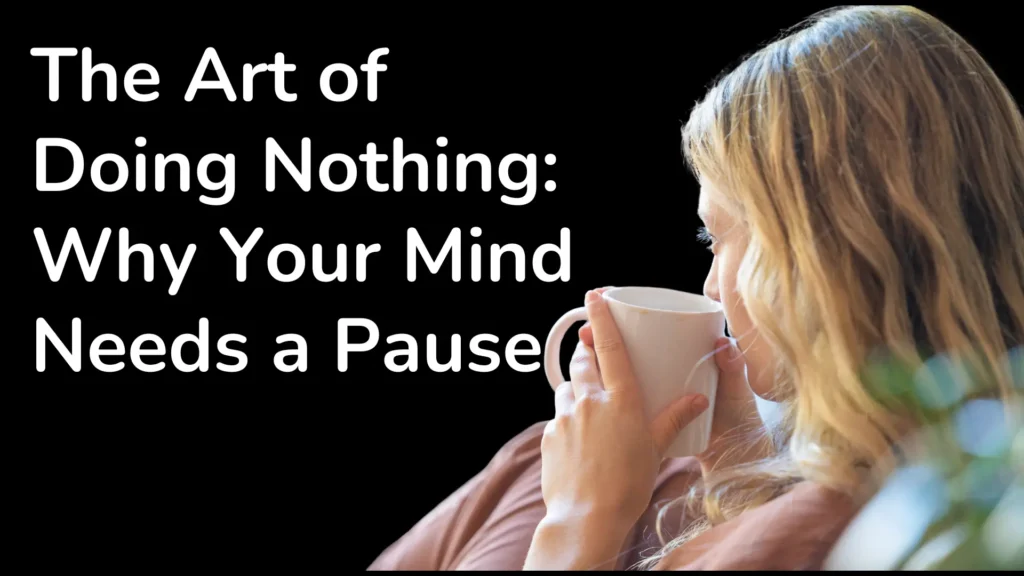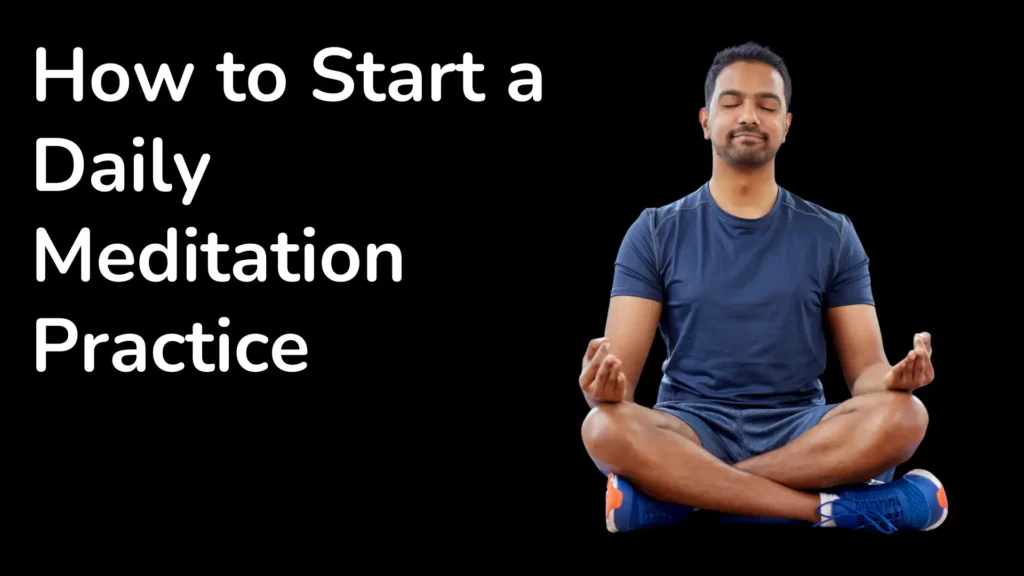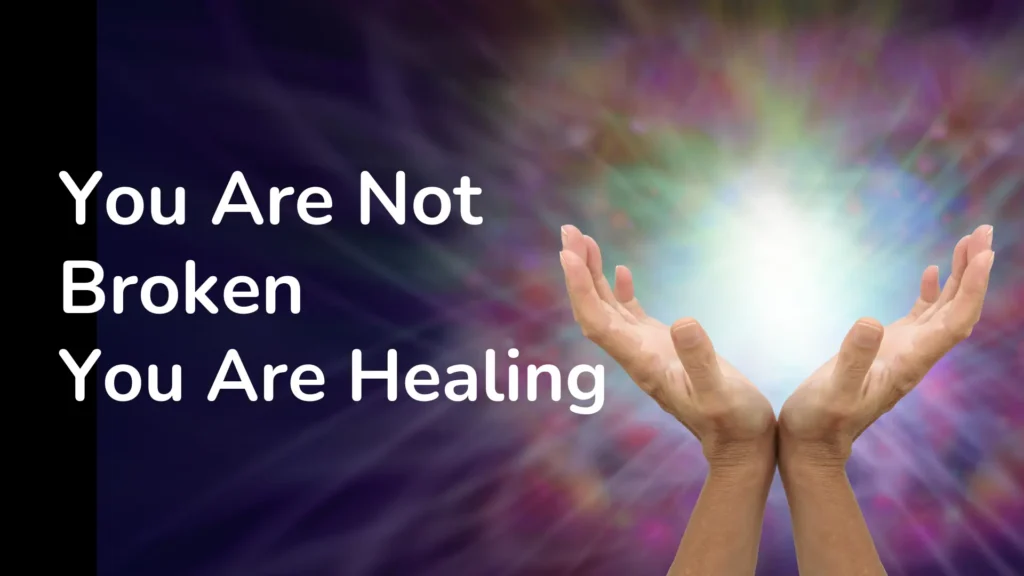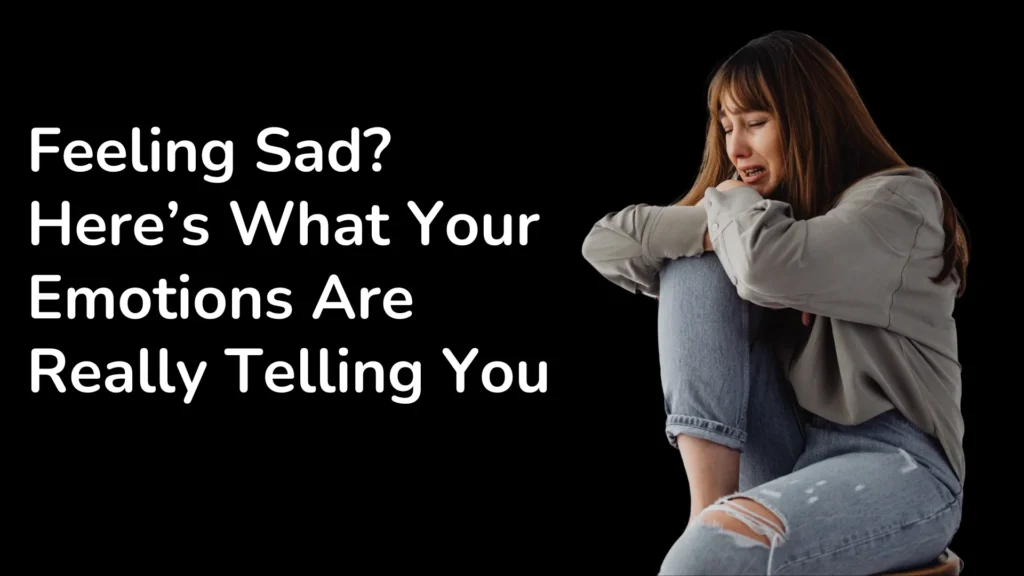How to Cope When You Feel Lost and Alone
At some point in life, most of us face moments when we feel disconnected — from others, from our purpose, and even from ourselves.It can feel like wandering through fog with no clear path ahead. But being lost doesn’t mean you’re broken; it means you’re in a phase of searching, and that’s part of being human. 1. Accept Where You Are The first step is not to fight the feeling.Telling yourself “I shouldn’t feel this way” only adds another layer of stress. Instead, acknowledge: “Right now, I’m feeling lost. That’s okay. This is just a moment in my life, not the whole story.” Acceptance takes away the pressure to fix everything instantly, allowing you to breathe and move at your own pace. 2. Reconnect with Your Inner World When external life feels chaotic, go inward.Try activities that help you hear your own thoughts clearly: 3. Reach Out — Even If It Feels Hard Loneliness tricks you into believing no one cares. In reality, many people would show up for you if you let them.Send a message to a friend, join a small community, or seek professional support.Human connection — even in small doses — can be deeply healing. 4. Focus on One Small Step You don’t have to have your entire life figured out today.Ask yourself: “What is one small thing I can do today to feel a little better?”It could be making your bed, cooking a healthy meal, or listening to uplifting music. Tiny actions add up to momentum. 5. Remember This Is Temporary Feelings are not permanent. You’ve felt joy before, and you’ll feel it again.Being lost often precedes moments of growth and self-discovery — you may be on the edge of a new chapter without realizing it. Gentle Reminder:You are not alone in feeling alone. Many people are walking their own quiet battles. Your worth doesn’t disappear just because you feel disconnected right now.Take this time to listen to yourself, care for your needs, and trust that clarity will return — because it will.












